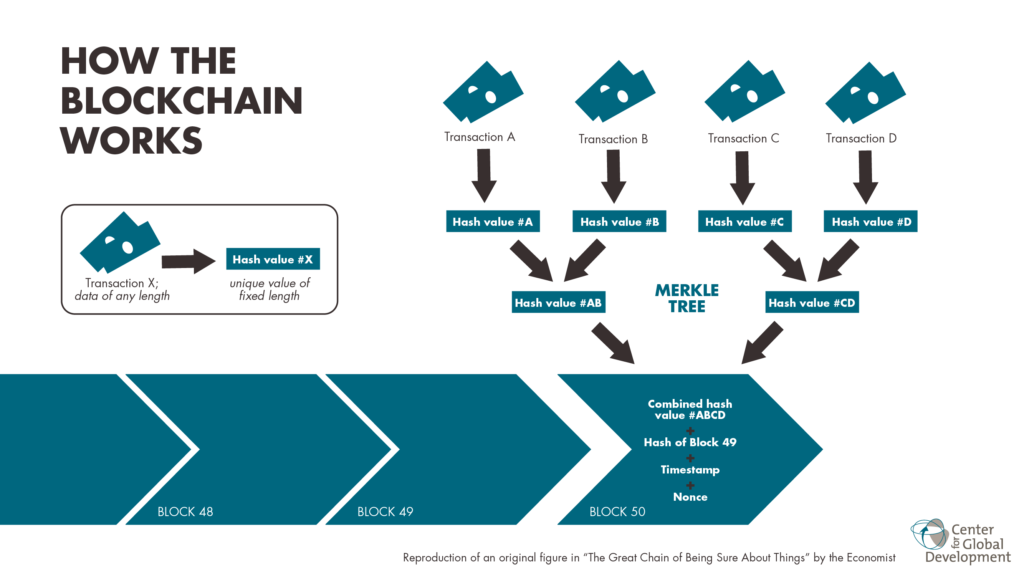Introduction:
While blockchain technology gained prominence as the backbone of cryptocurrencies like Bitcoin, its potential extends far beyond digital currencies. Blockchain, a decentralized and immutable ledger, has the ability to revolutionize industries by enhancing transparency, security, and efficiency in various processes. In this article, we’ll explore how blockchain is transforming industries beyond cryptocurrency and driving innovation across sectors.

Supply Chain Management:
Blockchain is revolutionizing supply chain management by providing transparent and immutable records of transactions and product movements. With blockchain, stakeholders can track the journey of products from raw materials to finished goods, ensuring authenticity, traceability, and accountability throughout the supply chain. This helps in preventing fraud, reducing counterfeiting, and improving efficiency in logistics and inventory management.
Healthcare Data Management:
In the healthcare industry, blockchain is being utilized to secure and manage sensitive patient data. Blockchain provides a decentralized and secure platform for storing medical records, enabling patients to have greater control over their health information while ensuring privacy and security. Blockchain also facilitates interoperability among healthcare systems, allowing for seamless sharing of medical data across different providers and organizations.
Intellectual Property Protection:
Intellectual property (IP) rights are crucial for innovation and creativity in industries such as entertainment, publishing, and technology. Blockchain offers a tamper-proof and timestamped record of ownership and usage rights, helping creators and inventors protect their intellectual property from infringement and unauthorized use. Smart contracts, self-executing agreements coded on the blockchain, can automate IP licensing and royalty payments, ensuring fair compensation for creators.
Voting and Governance Systems:
Blockchain has the potential to revolutionize voting and governance systems by providing secure and transparent platforms for elections and decision-making processes. Blockchain-based voting systems offer tamper-proof records of votes, eliminating the risk of fraud and manipulation. Additionally, blockchain enables greater transparency and accountability in governance by recording decisions and transactions on a decentralized ledger that is accessible to all stakeholders.
Decentralized Finance (DeFi):
Decentralized finance, or DeFi, leverages blockchain technology to create decentralized financial systems and applications, such as lending platforms, decentralized exchanges, and stablecoins. By removing intermediaries and enabling peer-to-peer transactions, DeFi aims to democratize access to financial services and promote financial inclusion. Blockchain-based smart contracts automate financial agreements, reducing costs and increasing efficiency in the financial sector.
Real Estate Transactions:
Blockchain is transforming the real estate industry by digitizing and streamlining property transactions. Blockchain-based platforms enable transparent and secure recording of property ownership and transfer of titles, reducing fraud and disputes in real estate transactions. Smart contracts can automate the execution of real estate agreements, such as rental contracts and property sales, reducing the need for intermediaries and speeding up the transaction process.
Conclusion:
Blockchain technology is revolutionizing industries beyond cryptocurrency by enhancing transparency, security, and efficiency in various processes. From supply chain management and healthcare data management to intellectual property protection and decentralized finance, blockchain is driving innovation and reshaping traditional business models across sectors. As blockchain continues to evolve and gain adoption, its transformative impact on industries is expected to grow, paving the way for a more transparent, secure, and efficient future.

